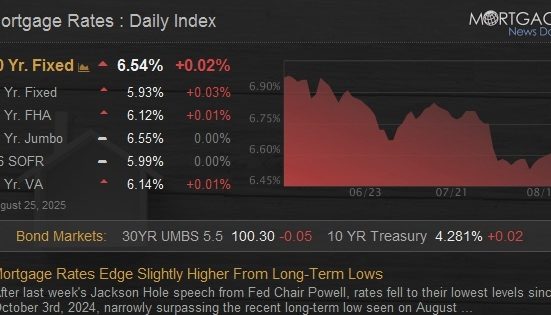The assessed value of properties in Marin is continuing to grow, but more slowly than its historical pace.
The county finished the 2024-25 fiscal year at the end of June with a growth rate of 4.28%, virtually the same as the 4.27% rate in the previous year, according to Marin County Assessor-Recorder-County Clerk Shelly Scott.
The newly certified property assessment roll totaled $110.1 billion, a $4.5 billion increase from fiscal year 2023-24.
Historically, the growth in the assessed value of Marin properties has averaged 5%. Scott said the growth rate over the last 15 years has averaged 4.7%.
The assessment roll is used in calculating the amount of property tax Marin residents pay. A larger assessment roll means more tax revenue for county government, local school districts and special districts, which all receive a share of the proceeds.
County government relies on property taxes for about 40% of its general fund budget, and a majority of the county’s discretionary funding comes from property taxes.
The county’s $865.8 million budget for fiscal year 2025-26, which supervisors approved in May, makes certain assumptions about the assessment roll’s projected growth.
The 4.28% growth in fiscal year 2024-25 was close to the projection by Josh Swedberg, the county’s budget director, in January. Swedberg has forecast the growth rate to slow to 4% in fiscal years 2025-26 and 2026-27 before increasing to 4.5% in fiscal 2027-28.
Due to the constraints of Proposition 13, property tax growth occurs primarily through the sale of homes and subsequent value reassessments.
Marin’s real estate values had small increases compared to a year ago but remain relatively stable, with an offsetting downward pull from high interest rates and upward push from low inventory and high demand, Scott said.
A total of 2,427 homes — houses and condominiums or townhomes — were sold in Marin last year, about 3% more than 2023.
A total of 1,829 houses were sold in Marin in 2024, an increase of 8% from 2023. The median sale price of houses in Marin was $1.7 million last year, an increase of 2.5% from 2023.
Sales of condos and townhomes dropped 11%, from 672 in 2023 to 598 last year. The median price of condos and townhomes in Marin dropped to $780,000 last year, down 1.2% from $789,500 in 2023.
Scott said her office has reduced the assessed value of some commercial properties, mainly office space.
“What we’re seeing with COVID is more people teleworking from home,” Scott said. “A lot of companies aren’t leasing the volume of space they once were so there are higher vacancy rates. We’re making adjustments when we see that.”
Andrea Balf, the county’s chief of assessment standards, said valuing the properties is difficult because few office spaces have been sold since the beginning of the pandemic.
The county budget that supervisors approved in May contains $1.5 million for upgrades to the assessor’s office. Scott said the office’s main computer system is antiquated and needs to be replaced.
In addition, supervisors approved a $960,000 contract last month with C3.ai to develop an artificial intelligence tool for the office. According to the staff report that went to supervisors, the software will enhance the efficiency and accuracy of property appraisals and help the office manage increased workloads during market downturns by quickly appraising large volumes of properties.
During the Great Recession, the assessor’s office had to cope with more than 20,000 properties qualifying for a temporary reduction in value under Proposition 8. The law, passed in 1978, provides for a temporary reduction in a property’s assessed value for tax purposes when its market value falls below its Proposition 13 factored base year value.
“We’re excited to contract with C3.ai and see what this program can do for us,” Scott said.
Balf said, “It’s a program that still utilizes market data. We’re just using AI to analyze that data.”







